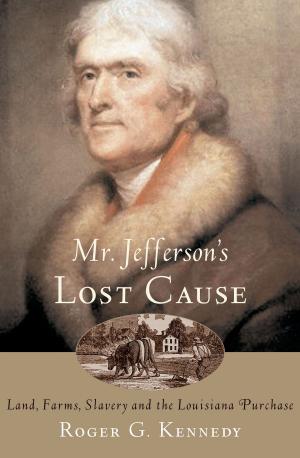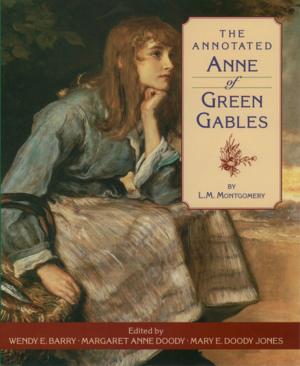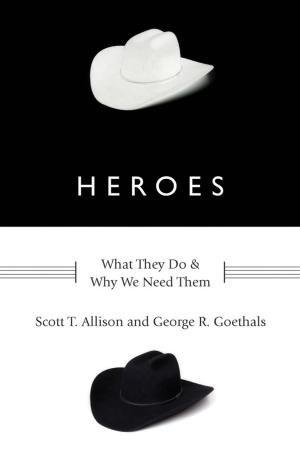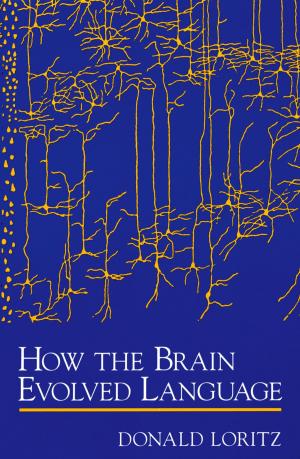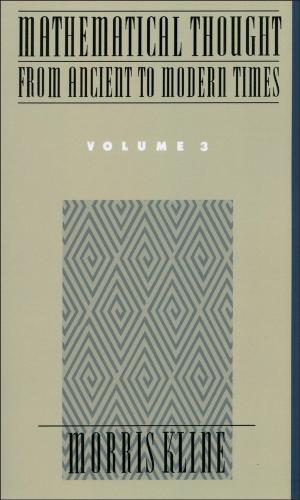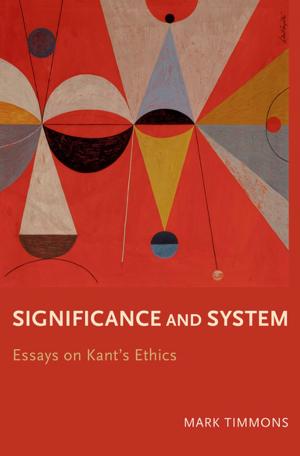Creon's Ghost Law Justice and the Humanities
Nonfiction, Reference & Language, Law, Ethics, Social & Cultural Studies, Political Science| Author: | Tomain | ISBN: | 9780190450458 |
| Publisher: | Oxford University Press | Publication: | February 16, 2009 |
| Imprint: | Oxford University Press | Language: | English |
| Author: | Tomain |
| ISBN: | 9780190450458 |
| Publisher: | Oxford University Press |
| Publication: | February 16, 2009 |
| Imprint: | Oxford University Press |
| Language: | English |
Creon's Ghost examines the enduring problem of the relationship between man's law and a "higher" law from the perspective of core humanities texts and through discussion of hotly debated contemporary legal conundrums. Today, such issues as intelligent design in school curricula, same-sex marriage, and faith-based government grants are all examples of the interaction between man's law and some other set of moral principles. As these debates are considered in this book, the author uses texts such as Antigone and Plato's Republic and pairs them with the most important jurisprudence texts of the 20th century to explore different approaches to the contemporary conflict or court ruling under consideration. Creon's Ghost demonstrates that the humanities can both illuminate our understanding of contemporary problems and that "classic" texts can be read alongside jurisprudential texts, thus enriching our understanding of and appreciation for law.
Creon's Ghost examines the enduring problem of the relationship between man's law and a "higher" law from the perspective of core humanities texts and through discussion of hotly debated contemporary legal conundrums. Today, such issues as intelligent design in school curricula, same-sex marriage, and faith-based government grants are all examples of the interaction between man's law and some other set of moral principles. As these debates are considered in this book, the author uses texts such as Antigone and Plato's Republic and pairs them with the most important jurisprudence texts of the 20th century to explore different approaches to the contemporary conflict or court ruling under consideration. Creon's Ghost demonstrates that the humanities can both illuminate our understanding of contemporary problems and that "classic" texts can be read alongside jurisprudential texts, thus enriching our understanding of and appreciation for law.

